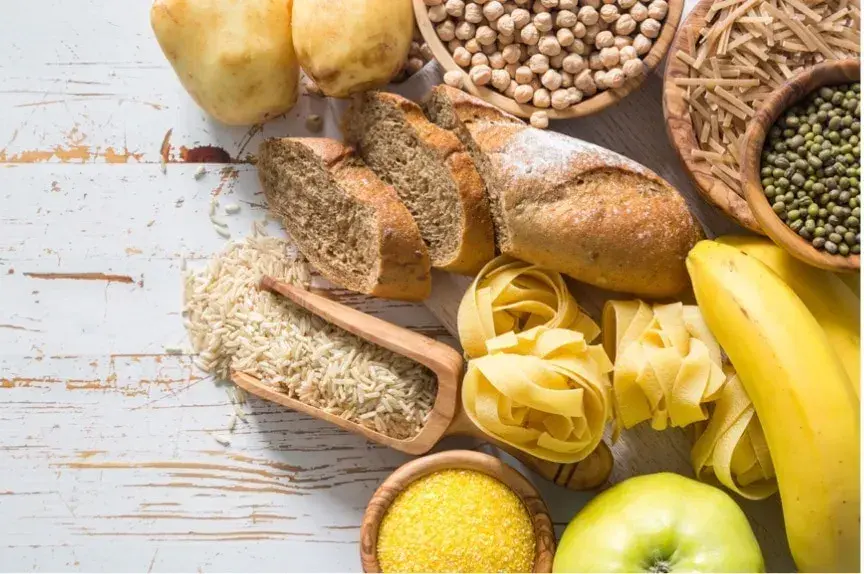Weight Loss Myths Debunked: What Actually Works for Long-Term Success
Weight Loss Myths Debunked: What Actually Works for Long-Term Success

/assets/images/provider/photos/2580462.jpg)
Anyone on a weight loss journey will tell you that carbs are bad. There are countless no-carb or low-carb diets out there that stress how horrible carbs are for weight loss. In reality, some foods with a high-carb value are actually very healthy. The trick is to understand the difference between a good carb and a bad carb while keeping moderation in mind as well.
Carbs are a much-needed macronutrient that help sustain the body and allow for steady energy flow. Carbs also aid in gut health, regularity and cognitive function. Completely depriving the body of carbs is unhealthy and may only lead to temporary weight loss that is unsustainable. How our bodies process different types of carbs drive the difference between healthy and unhealthy carb options.
Sugars are simple carbs, which our bodies process very quickly. When simple carbs are overconsumed, our blood sugar levels become unstable, often leading to a sudden burst of energy followed by a crash.
These foods contain simple carbs:
However, that is not to say that simple carbs should be avoided altogether. Many delicious and healthy fruits also contain simple carbs. You may want to consume sports drinks or pre-workout beverages – which also contain simple carbs – before a gym session to get a necessary burst of energy. Eating simple carbs in moderation or timed around activities that use a lot of energy is key to mindful consumption.
Complex carbohydrates are full of fiber, which our bodies need to get rid of waste and clean debris from our digestive system. Fiber helps bulk up our stool and collects debris as the stool travels through the intestines. It also helps to attract water and create a gel-like substance in our gut that helps get rid of cholesterol and fat in the digestive tract.
These foods contain complex carbs:
Since the body takes longer to process and digest complex carbs, they play a role in helping you feel full longer – so you may be less tempted to compulsively snack. In other words, consuming a healthy salad with plenty of fresh veggies will make you feel fuller longer than if you ate a sugary donut.
The expert weight loss consultants at Garcia Weight Loss understand how hard carb control can be when first beginning on a weight loss journey. Luckily, we have a suite of specialized supplements to aid in appetite control and carb consumption. Discover Vivaliti’s Carb Blocker supplement here!

Weight Loss Myths Debunked: What Actually Works for Long-Term Success
